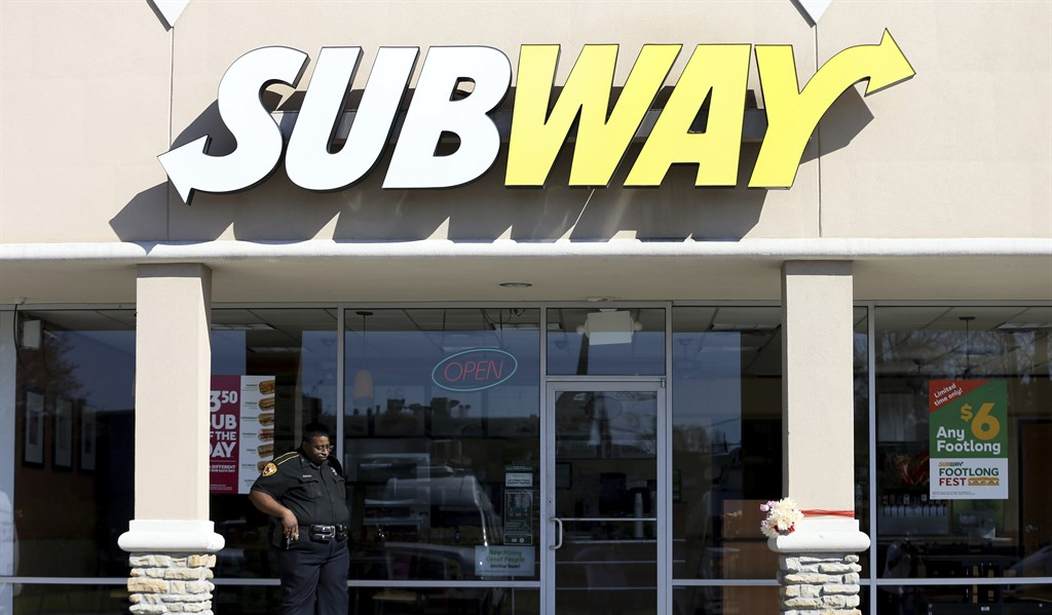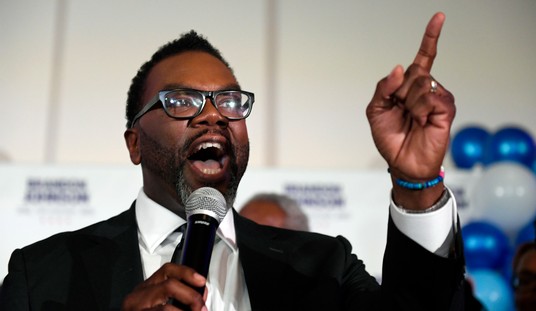Subway's $6.99 foot-long sandwich deal, announced last Friday, is already generating controversy. The popular sandwich usually sells for $11 to $17.
The chain's largest franchise group, the North American Association of Subway Franchisees, or NAASF, advised its 2,500 franchises to opt out of the promotion. That's more than 10% of Subway's 20,000 stores.
“If your franchise agreement allows, DO NOT PARTICIPATE in the $6.99 promotion,” said CEO Bill Mathis. “NAASF is advising to opt out.”
In the post-pandemic fast food universe, Subway is bleeding cash. On top of that, the fast food chain's CEO, John Chidsey, has demanded renovations that have cut profits to the bone. And now, this sandwich deal threatens even more belt-tightening.
“NAASF has a variety of talented members including those who are quite proficient with analysis of break evens,” Mathis wrote. “In some people’s opinions, the traffic lift needed to break even on this promotion is as high as 30%.
“If this is accurate or even half accurate, have you seen any promotion that has brought to franchisees that kind of traffic lift from the current Subway leadership group?”
Meanwhile, 23 Subway stores in the U.S. and Canada have closed their doors with no warning to employees and customers.
The manager of one of those locations that was affected, Joanne Kennedy, told KPTV that there was "No warning, no heads up, no transparency, completely and totally blindsided, every one of us."
Kennedy was basically told to put a sign on the door to let customers know the location was closing down, and then she and all of her employees were informed that their services were no longer needed.
“There was no communication, there was just ‘keep doing your job, business as usual,’ that’s what I was told, business as usual, they’re looking for a resolution for the food order,” Kennedy told Fox 12 in Oregon. “We were all trading food in between stores trying to keep everyone’s doors open, and then no food came.”
Those franchise operators who are embracing the $6.99 foot-long deal report that about 20% of sales at their stores were the foot-long deal. But there was no increase in traffic, meaning they were losing money.
“McDonald’s doesn’t put a Big Mac on its $5 value menu. But we put on all our best-selling subs,” another Subway franchisee vented. “We could do one-third or one-half of the menu and not be killed by this promotion.”
One way for Subway store owners to gain more power is for corporate to grant them greater autonomy.
Franchisees are also calling for greater autonomy in decision-making and for corporate promotions to consider their financial well-being. The outcome of this conflict could have broader implications for the fast-food industry, as it underscores the delicate balance between corporate strategies and franchisee profitability. For Subway, addressing these concerns is crucial to maintaining a strong franchise network and avoiding further discord within its ranks.
Fast food and restaurant prices have shot up along with other food prices. I used to love Subway sandwiches but at $11 for a foot long, I doubt I'll ever buy one again.
With labor costs skyrocketing and franchise fees rising, the time may have passed for large franchise chains. Once the shakeout is complete, there will be a different fast food landscape for consumers.










Join the conversation as a VIP Member